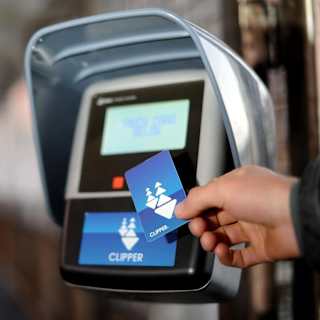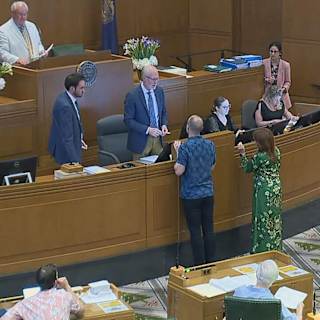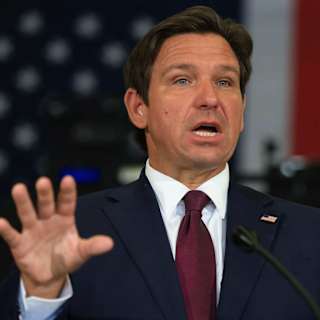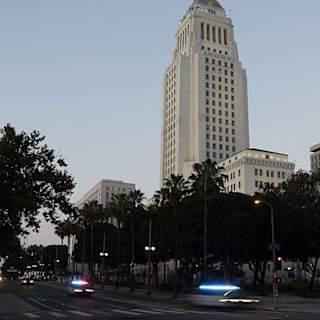- Cuts Begin in August
- Political Standoff in Harrisburg
- Uncertain Future
Philadelphia's transit authority voted unanimously Thursday to approve a budget that will slash nearly half its services and raise fares by more than 20%, implementing what officials called a "doomsday scenario" to address a $213 million deficit.
The SEPTA board's 3 p.m. vote triggers the most drastic cuts in the agency's recent history, affecting millions of riders across the region who depend on buses, trains and trolleys for daily transportation.
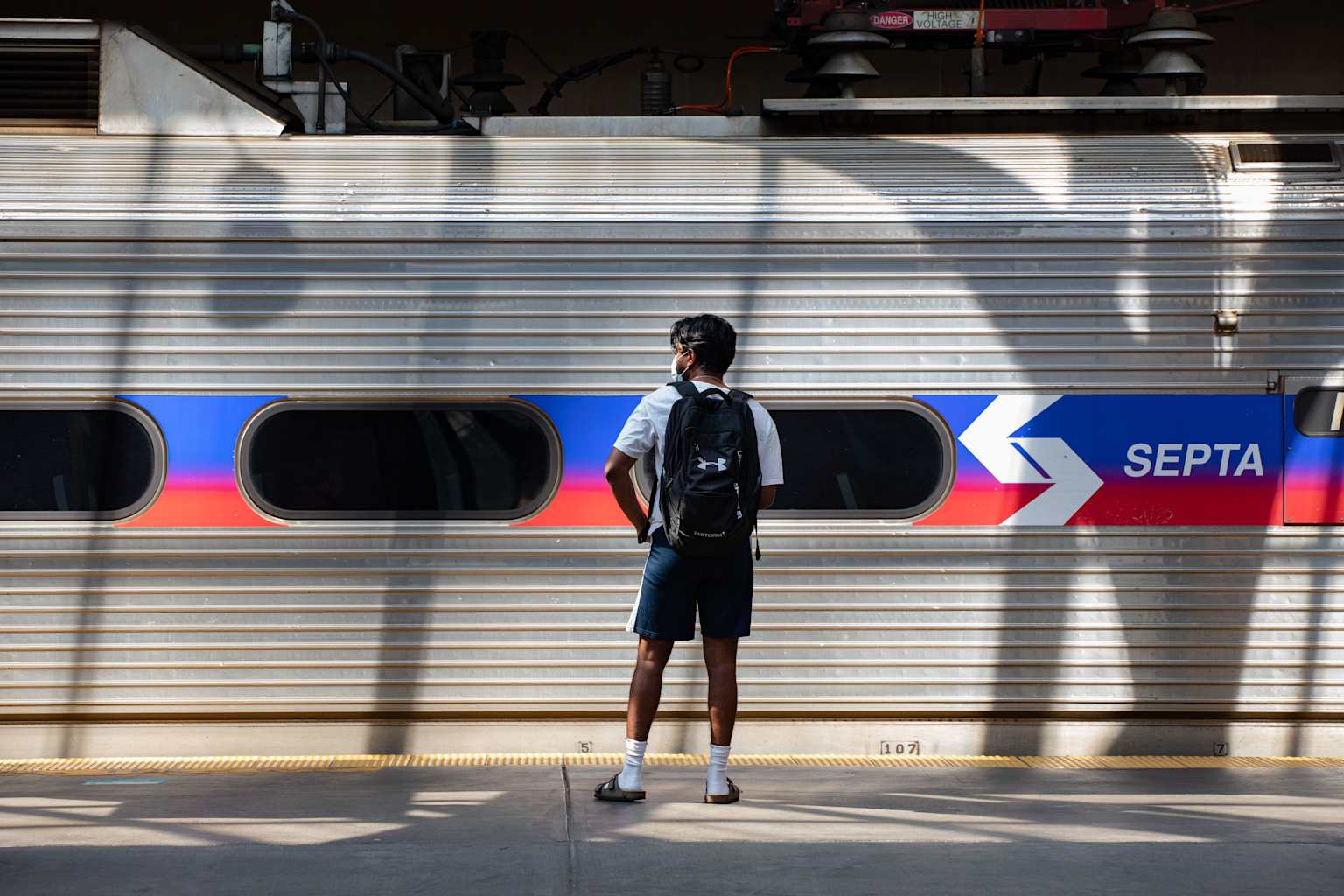
The reductions will roll out in three phases starting August 24, when SEPTA will eliminate 32 bus routes and reduce frequency across all services, including ending special event transportation like Sports Express trains12.
On September 1, fares will jump 21.5% to $2.90 for bus and subway rides, matching New York's Metropolitan Transportation Authority for the highest base fare in the country34. The agency will also freeze all hiring, including bus operators4.
The deepest cuts arrive January 1, when five Regional Rail lines will be eliminated entirely and a 9 p.m. curfew will end all remaining rail service51. In total, SEPTA estimates services will be reduced by 45%53.
"This is a vote none of us wanted to take," said SEPTA Board Chair Kenneth Lawrence Jr. "We have worked hard as an Authority to prevent this day from coming because we understand the impact it will have on our customers and the communities we serve"54.
The cuts stem from the end of federal COVID relief funding and rising operational costs, creating what SEPTA General Manager Scott Sauer has warned could trigger a "transit death spiral"12.
Governor Josh Shapiro proposed $168 million in additional transit funding as part of his state budget, but the plan faces obstacles in the Republican-controlled Senate13. The Pennsylvania House passed a $300 million transit funding bill on June 17, though the Senate has not yet voted24.
According to Billy Penn, Senate President Pro Tempore Kim Ward described this year's budget fight as the "worst one" she's seen in 17 years due to potential federal funding cuts5.
SEPTA officials emphasized the budget could still be amended if state lawmakers approve additional funding before the cuts take effect1. The agency also approved deferring $2 billion in capital projects, including station accessibility improvements23.
"Once this dismantlement begins, it will be almost impossible to reverse," Sauer said, "and the economic and social impacts will be immediate and long-lasting for all Pennsylvanians, whether they ride SEPTA or not"34.
